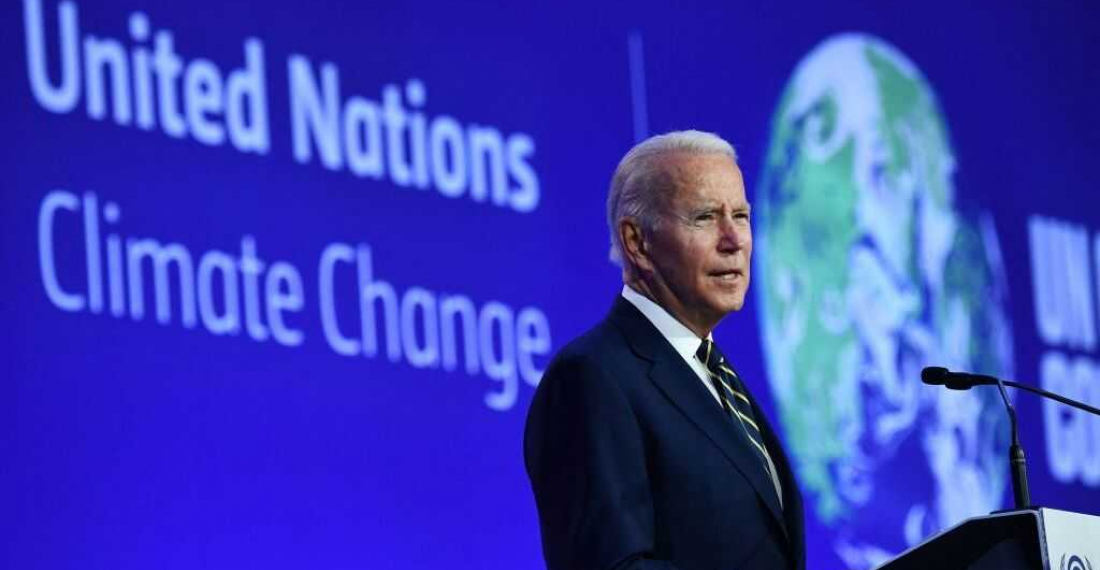More than one hundred countries have committed themselves to international agreements to reduce global methane emissions. At the United Nations Climate Conference in Glasgow, 103 countries backed the pledge to reduce emissions by 30 per cent by 2030 compared to 2020. Big methane polluters like Russia, China, Australia and India do not participate in the international agreements, international news agencies report. On the other hand, Brazil is one of the countries that has signed up to the agreements, having decided to join at the last moment.
Methane is a greenhouse gas that is released during oil and gas production, because it leaks away during this production. A relatively large amount of methane is also released in agriculture and waste processing. After carbon dioxide (CO₂), methane emissions are a significant cause of global warming; the concentration of methane in the atmosphere has more than doubled over the last 150 years. According to the United Nations, a substantial reduction in this would bring about a relatively rapid climate gain.
The United States and the European Union have taken the initiative for the plan. The plan was prepared by EU climate commissioner Frans Timmermans and the US climate envoy John Kerry. The US president Joe Biden has announced that he will reduce methane emissions with measures for livestock farming.
Critics are sceptical, however, because the non-binding pact has no way of enforcing the commitments. Australia, which uses many fossil fuels, announced last week that it would not join the agreement.






